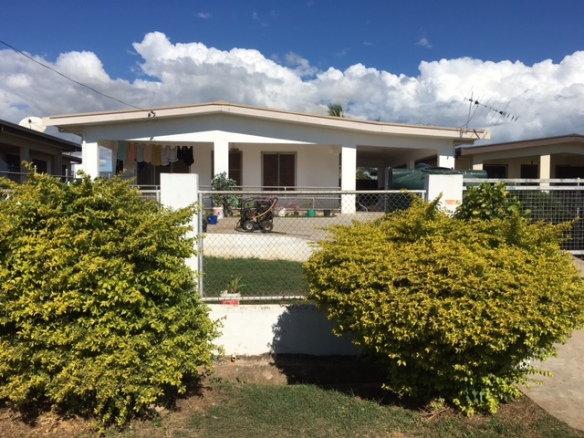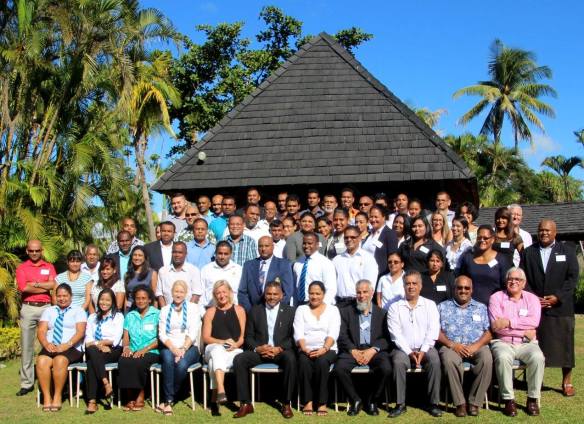
LOCALS are being priced out of the real estate market with real estate agents noting an 80 per cent increase in the housing market in the past five years.
Because these prices are increasing faster than some local salaries, foreign and local investors are pushing local buyers out of the market.
Dr Abdul Hassan, chairman of the Real Estate Agents Licensing Board (REALB), said the price of housing increased substantially over the past five years.
“Definitely the residential property price has increased substantially over the past five-year period, reason being the demand is high and the supply is less.
“Less supply is contributed by the lack of subdivided lots for residential development.”
Other factors include high subdivision cost, high cost of building material, shortage of skilled labour, lack of permanent employment and low wages.
He said the key factor was affordability, which had resulted in people unable to invest in housing.
Mr Hassan said one of the ways of increasing the ownership of housing to first-time buyers should be to reduce the price substantially lower than the market value.
“Housing price affordability is vital for potential customers and provides genuine choice for those who could not otherwise become homeowners.
“Housing grant introduced by the Fijian Government recently is one of the ways to help first-time home buyers.”
Real estate agent Joan Bula of JB Real Estate said homes which averaged $300,000 five years ago, were now sitting at nearly a million dollars.
“There are too many buyers and fewer sellers on the market at the moment,” she said.
“For the past five years, property prices have tripled or quadrupled depending on the house condition and the locations.”
Former wage council member Fr Kevin Barr said while government initiatives were commendable, there was still work to do.
“There is a huge demand for low-income housing for the disabled and the elderly. The Government is doing well in addressing the housing needs but there are a lot of hidden costs involved, it’s debilitating for the low income earners.”
Edit: Matilda Simmons Fiji Times
Thursday, July 28, 2016





